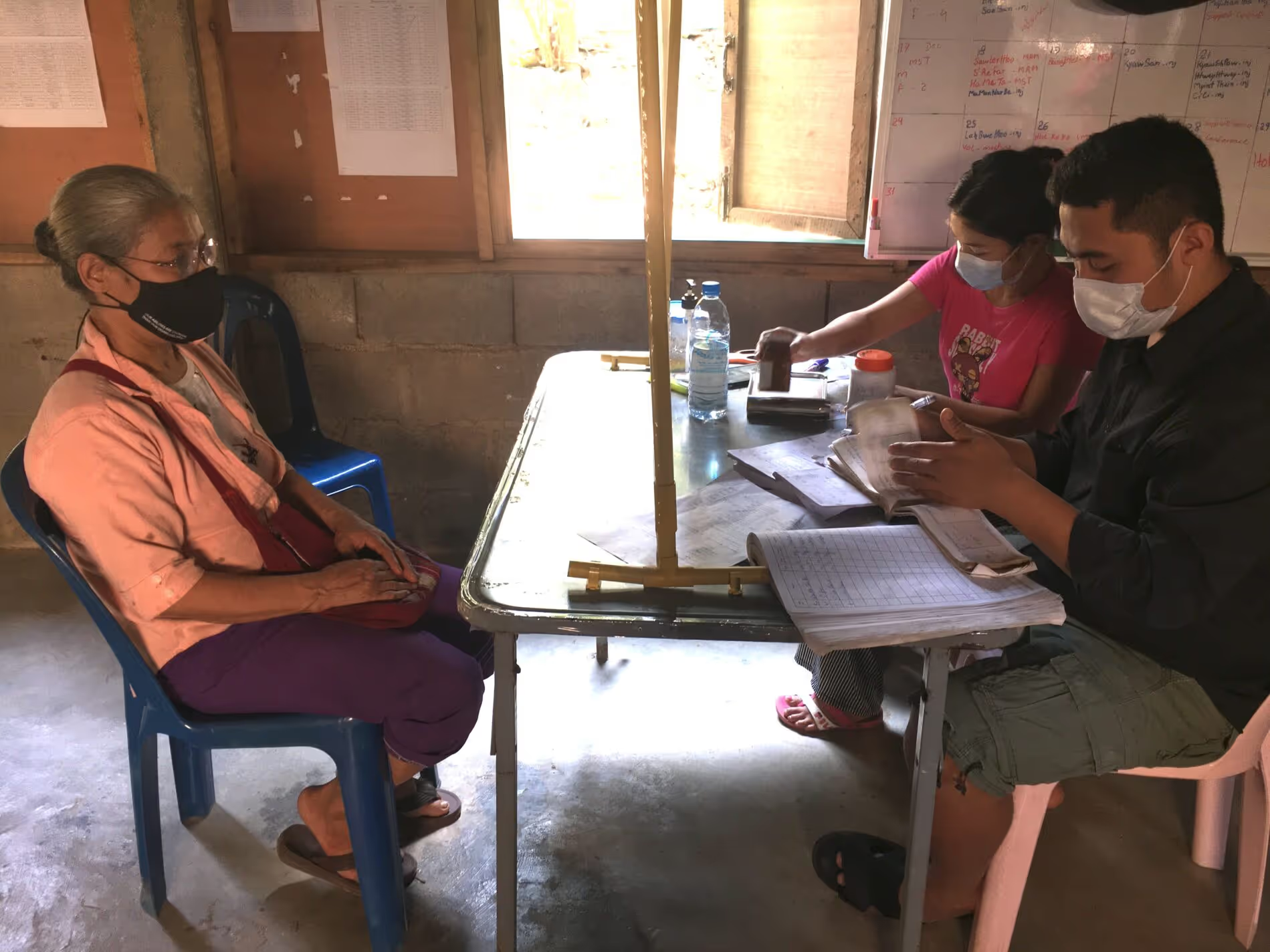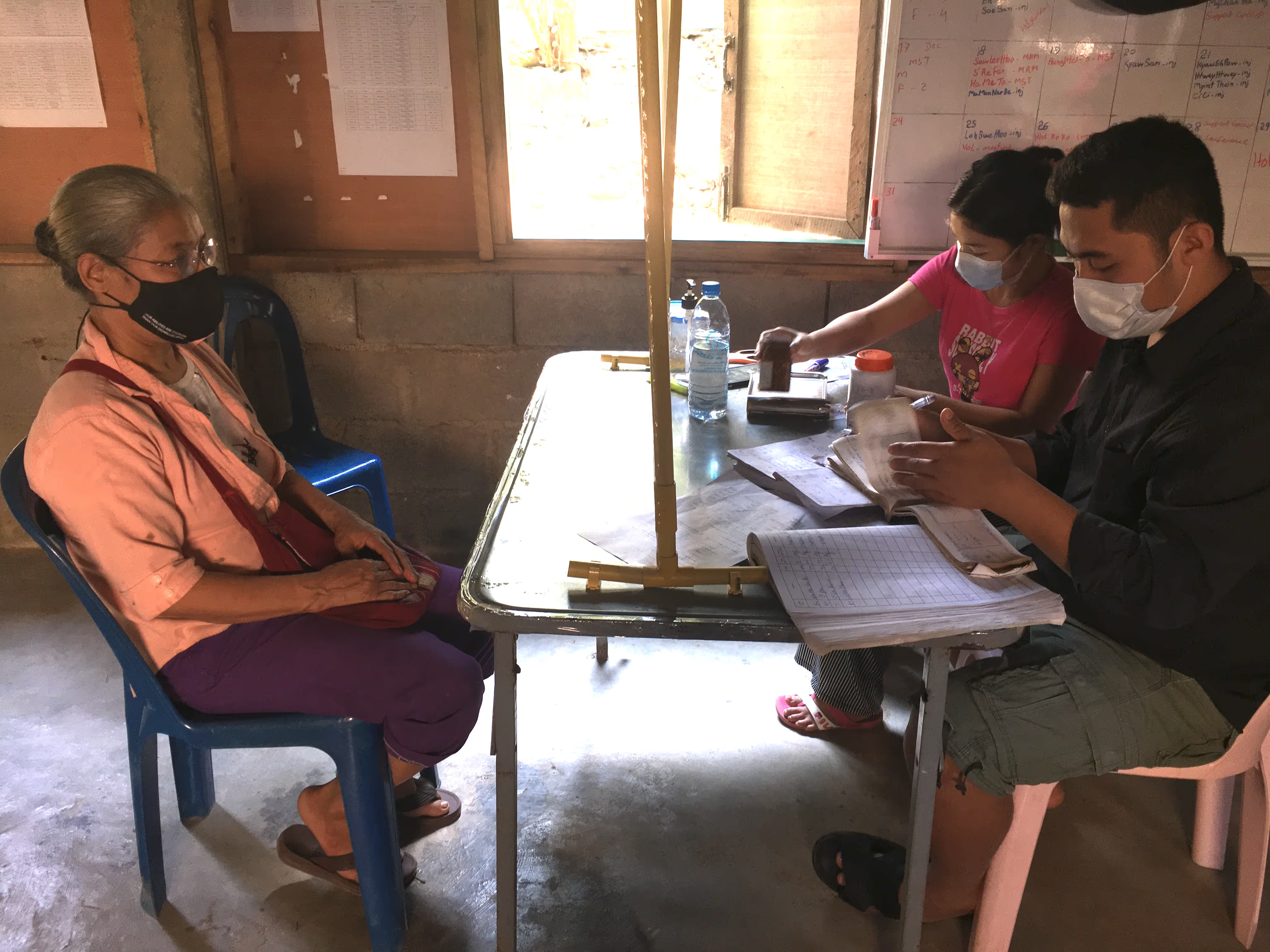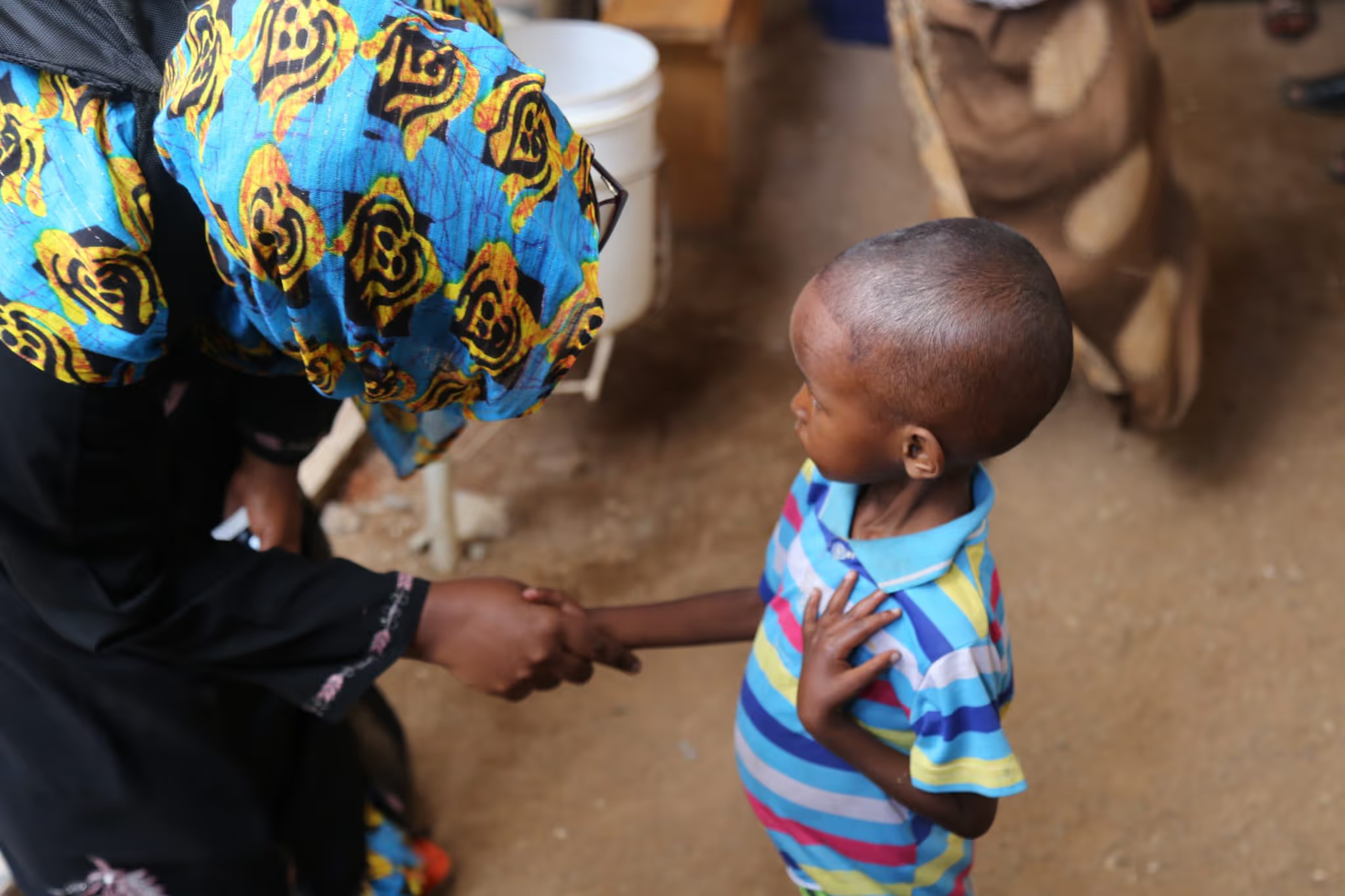Integrating an evidence-based mental health intervention into non-communicable disease care

Project overview
This research will examine the integration of an evidenced-based mental health intervention into existing non-communicable disease (NCD) care models, implemented by the International Rescue Committee (IRC) in Thailand refugee camps to compare health outcomes, factors influencing treatment compliance and costs, between intervention and control groups.
Countries
Thailand
Organisations
International Rescue Committee
Partners
Johns Hopkins University, Khon Kaen University
Area of funding
Humanitarian Research
Grant amount
£647,431
Start date
01
December
2020
End date
01
March
2025
Project length (in months)
51
Funding calls
Topics
No items found.
Status
Live
Project solution
This project offers [specific solution or intervention] to tackle [challenge]. By implementing [strategies, tools, or innovations], the project aims to achieve [desired outcomes]. The approach is designed to [specific actions or methods] to bring about meaningful change in [community, region, or issue area].
Expected outcomes
This project aims to achieve [specific outcomes], such as [measurable results, improvements, or changes]. The expected impact includes [benefits to the target community, advancements in research or innovation, or long-term effects]. By the end of the project, we anticipate [specific changes or milestones] that will contribute to [broader goals or objectives].
Principal Investigators: Dr. Wongsa Laohasiriwong, Khon Kaen University and Dr Judy Bass, Johns Hopkins University.
Purpose
Non-communicable diseases (NCDs) are the leading cause of mortality worldwide. There is an increasing burden of NCDs within humanitarian contexts, but a lack of evidence of effective NCD interventions in humanitarian settings outside the Middle East. Mental disorders and major NCDs often share risk factors such as sedentary life style and alcohol misuse, and can coexist, leading to high care costs care and premature mortality. Mental health conditions significantly impact NCD risk factors and treatment compliance. This study integrates the evidence-based intervention Common Elements Treatment Approach (CETA) , into existing care models for people with hypertension, diabetes and epilepsy. Its objectives are to assess factors influencing treatment compliance, determine improvement in health outcomes, and evaluate potential cost savings.
Expected Outcomes
In the short term this study aims to (1) assess the impact of the intervention on mental health outcomes including wellbeing, mental and physical health status, (2) assess the differences between intervention and control group behavioral risk factors.
In the long term the research is expected to inform the role of mental health care as part of comprehensive NCD care in humanitarian settings.
If the intervention is found effective this will:
- Contribute to the evidence base for strengthening NCD care service models, programatic standards and policies.
- Support integration of evidence based mental health interventions into NCD care plans as standard practice within humanitarian settings.
- Support mental health programmes in prioritizing people living with NCDs as groups who can improve physical and mental health outcomes when appropriate care is provided.
No items found.
Project delivery & updates
Stay up to date with the latest developments from this project. Here, you will find details on what has been delivered, resources created, and regular updates as the project progresses. Access key documents, reports, and other materials to see how the project is making an impact.
No resources/updates have been published yet for this project. Sign up for our newsletter to stay informed about upcoming publications and updates!
Join our Newsletter
Resources
No items found.
Latest updates
No items found.











